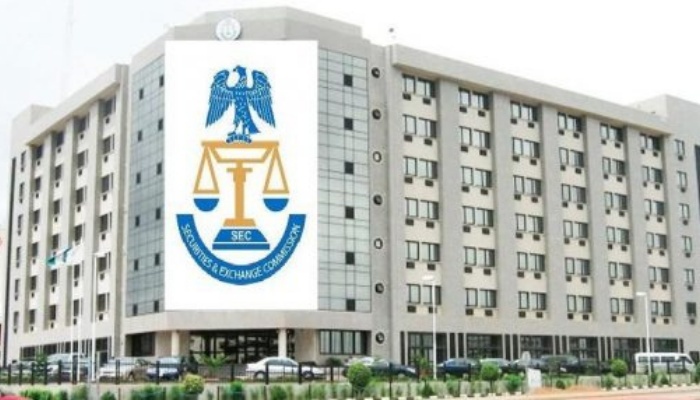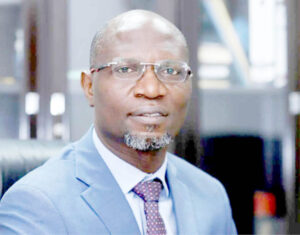
The federal government has issued six Sovereign Sukuk bonds valued at ₦1.1 trillion (approximately $657.6 million) to fund 124 federal road projects spanning over 5,820 kilometers across the country’s six geopolitical zones.
This announcement was made by Dr. Emomotimi Agama, Director-General of the Securities and Exchange Commission (SEC), during the second International Islamic Capital Market Conference in Karachi, Pakistan.
Dr. Agama described Sukuk as a transformative tool in Nigeria’s financial landscape, crediting its growing popularity to consistent oversubscription rates, which have reached as high as 441 percent.
Since its introduction in 2017, Sovereign Sukuk has become crucial in the government’s infrastructure financing strategy. The latest issuance builds on this legacy by targeting critical road projects nationwide. He highlighted the success of past Sukuk programs, noting that these Islamic bonds have not only mobilised substantial resources but also garnered strong investor confidence.

States such as Osun State and Lagos State, as well as institutions such as Family Homes Ltd. and TAJ Bank Plc, have also embraced Sukuk for diverse projects, ranging from school infrastructure and housing to raising tier 1 bank capital. “These instruments have been instrumental in meeting critical national needs while showcasing the versatility of Sukuk as a financial tool,” Dr. Agama stated.
Beyond Sukuk, Nigeria’s Islamic finance sector has seen remarkable growth. As of November 2024, 14 Halal mutual funds held a combined net asset value exceeding ₦105 billion. The NGX Lotus Islamic Index tracks 11 Sharia-compliant equities, while ChapelHill N-REIT stands out as the nation’s first Islamic Real Estate Investment Trust.
To support this momentum, the SEC has implemented a Non-Interest Capital Market Master Plan (2015–2025), targeting a 15 percent contribution from Sukuk to total market capitalization by 2025. Dr. Agama emphasised the broader potential of Islamic finance to address challenges such as infrastructure deficits, financial inclusion, and low mortgage penetration in Nigeria.
The Federal Executive Council (FEC) recently approved a $2.2 billion external borrowing plan to enhance fiscal stability. This initiative combines $1.7 billion in eurobond offerings with $500 million in Sukuk issuances.
Honourable Minister of Finance and Coordinating Minister of the Economy, Mr. Wale Edun, noted that Nigeria’s economic reforms have positioned it favourably for international capital market financing.
Dr. Agama encouraged stakeholders to embrace Islamic finance, stressing its capacity to deliver competitive returns while meeting sustainability and ethical investment goals. “This is the time to adopt innovative financial solutions that address real economic challenges and deliver lasting value,” he stated.
Discover more from Astudity Limited
Subscribe to get the latest posts sent to your email.